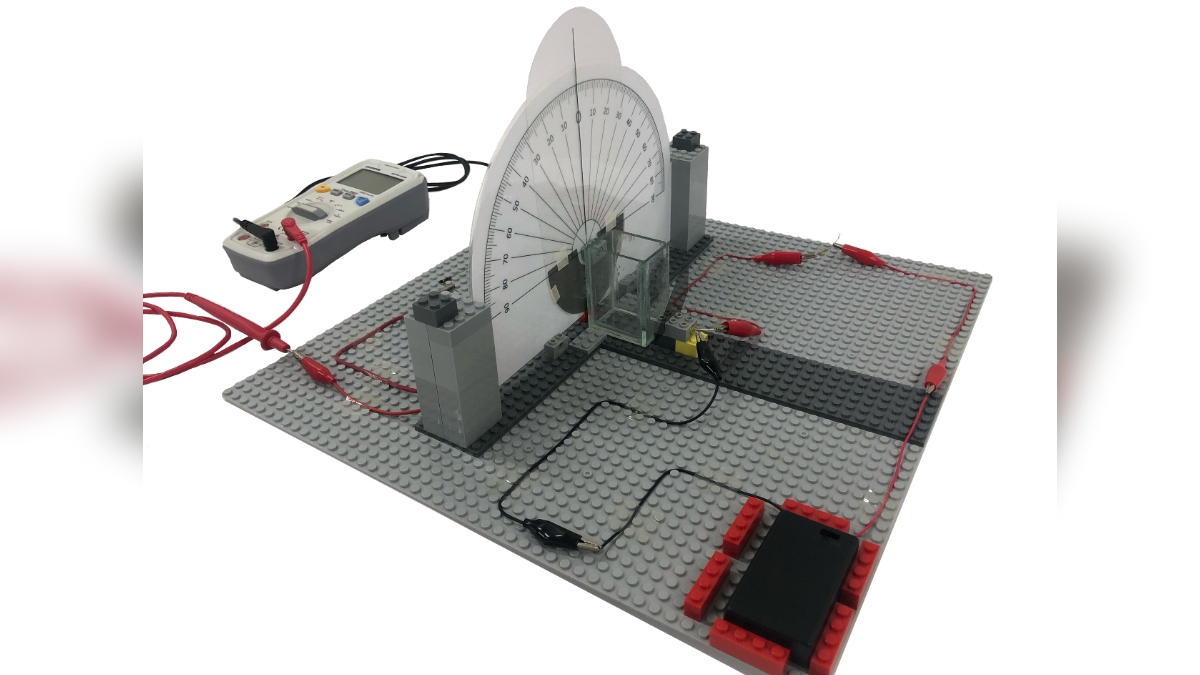An undergraduate student from Ateneo de Manila University has developed a cost-effective polarimeter that can be used to evaluate the purity of Vitamin C and other chiral substances. Ryan Joseph Felicidario, a physics student, constructed the device using simple circuitry, polarizing film, and LEGO® toy bricks, under the mentorship of Dr. Ramon delos Santos from the university’s Photonics Laboratory.
Polarimeters are essential for assessing chemical purity by measuring the angle of rotation of polarized light passing through a sample. However, traditional polarimeters are often prohibitively expensive, with prices reaching upwards of $11,500 for high-end models and over $1,200 for manual versions. These high costs make them inaccessible for smaller laboratories and educational institutions, particularly in developing countries like the Philippines.

Felicidario’s work builds upon an earlier LEGO®-based polarimeter designed by Norwegian researchers Lise Kvittingen and Birte Johanne Sjursnes. By refining the original setup, the Filipino researchers enhanced the detection process, ensuring reliable measurements critical for substances such as ascorbic acid, which has a relatively low specific rotation.
Using accessible materials, including LEGO® bricks, polarizing film, and affordable electronic components, Felicidario’s device was constructed at a cost of just over $150. To validate its effectiveness, he tested two over-the-counter Vitamin C samples from different brands and compared the results to known theoretical values for pure ascorbic acid. The findings revealed that while one sample fell within the acceptable range, the other displayed significant deviations, indicating potential impurities affecting its optical properties.

In their published paper, “Measurement of ascorbic acid samples’ optical rotation via an improvised polarimeter for purity assessment,” Felicidario and delos Santos noted, “(The) comprehensive approach combining polarimetry and melting point determination proved to be cost-effective compared to other devices typically used for purity assessment, which are often more expensive.”
The researchers emphasized that the device’s educational value is significant. “The polarimeter is not only effective in practical applications, but it also offers educational benefits. Its non-black-box nature facilitates a straightforward demonstration of optical activity and polarization concepts,” the paper concluded.






